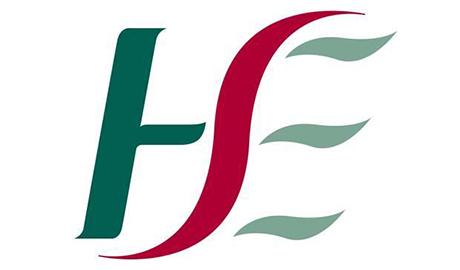Breast Cancer In Women
Breast cancer is the most common type of cancer in women in Ireland (excluding skin cancer). Most women diagnosed with breast cancer are over 50, but younger women can also get breast cancer.
About 1 in 8 women are diagnosed with breast cancer during their lifetime. There's a good chance of recovery if it is detected in its early stages. It is recommended that women check their breasts regularly for any changes and always get any changes examined by their GP.
Symptoms
The most important symptom of breast cancer is a breast lump, which is usually painless. Most breast lumps (90%) aren't cancerous, but it's always best to have them checked by your doctor.
You should see your GP if you notice any of the following:
- a new lump or area of thickened tissue in either breast that was not there before
- a change in the size or shape of one or both breasts
- bloodstained discharge from either of your nipples
- a lump or swelling in either of your armpits
- dimpling on the skin of your breasts
- a rash on or around your nipple
- a change in the appearance of your nipple, such as becoming sunken into your breast
Breast pain is not usually a symptom of breast cancer.
Causes
The causes of breast cancer are not fully understood, making it difficult to say why one woman may develop breast cancer and another may not.
There are risk factors known to affect your likelihood of developing breast cancer. Some of these you can't do anything about, but there are some you can change.
Age
The risk of developing breast cancer increases with age. The condition is most common among women over 50 who have been through the menopause. About 8 out of 10 cases of breast cancer cases occur in women over 50.
All women who are 50 to 70 years of age should be screened for breast cancer every three years as part of the Breast Screening Programme -BreastCheck.
Previous breast cancer or lump
You have a higher risk of developing breast cancer again if you've previously had breast cancer. The risk is also higher if you've had early non-invasive cancer cell changes in breast ducts. This could have been either in your other breast or in the same breast.
A benign breast lump doesn't mean you have breast cancer.
Certain changes in your breast tissue, such as cells growing abnormally in ducts (atypical ductal hyperplasia), or abnormal cells inside your breast lobules (lobular carcinoma in situ), can make getting breast cancer more likely.
Hormones and hormone medicine
Hormone replacement therapy (HRT)
Hormone replacement therapy (HRT) is associated with an increased risk of developing breast cancer. However the risk is a very low one.
Contraceptive pill
Women who use the contraceptive pill have a slightly increased risk of developing breast cancer. The risk starts to decrease once you stop taking the pill. Your risk of breast cancer is back to normal 10 years after stopping.
Lifestyle factors
Alcohol
Alcohol is responsible for 1 in 8 breast cancers in Ireland Your risk of developing breast cancer increases with the amount of alcohol you drink. Alcohol can also increase the levels of some hormones, such as oestrogen, which can increase the risk of breast cancer.
Being overweight or obese
If you've experienced the menopause and are overweight or obese, you may be more at risk of developing breast cancer.
This is thought to be linked to the amount of oestrogen in your body. Being overweight or obese after the menopause causes more oestrogen to be produced.
Radiation
Significant radiation exposure in the past may increase your risk of developing breast cancer. For example, some patients with Hodgkin's Lymphoma who received mantle radiation to the chest area
Prevention
As the causes of breast cancer aren't fully understood, it's not known if it can be prevented altogether.
Some treatments are available to reduce the risk in women who have a higher risk of developing the condition than the general population.
Diet and lifestyle
Regular exercise and a healthy, balanced diet are recommended for all women. These can help prevent many conditions, including heart disease, diabetes and many forms of cancer.
Studies have looked at the link between breast cancer and diet. Although there are no definite conclusions, there are benefits for women who:
- maintain a healthy weight
- exercise regularly
- have a low intake of saturated fat and alcohol
It's also been suggested that regular exercise can reduce your risk of developing breast cancer.
If you've been through the menopause, it's particularly important that you're not overweight or obese. This is because these conditions cause more oestrogen to be produced by your body. This can increase the risk of breast cancer.
Breastfeeding
Studies have shown women who breastfeed are statistically less likely to develop breast cancer than those who don't.
The reasons aren't fully understood. It could be because women don't ovulate as regularly while they're breastfeeding and oestrogen levels remain stable.















































































































